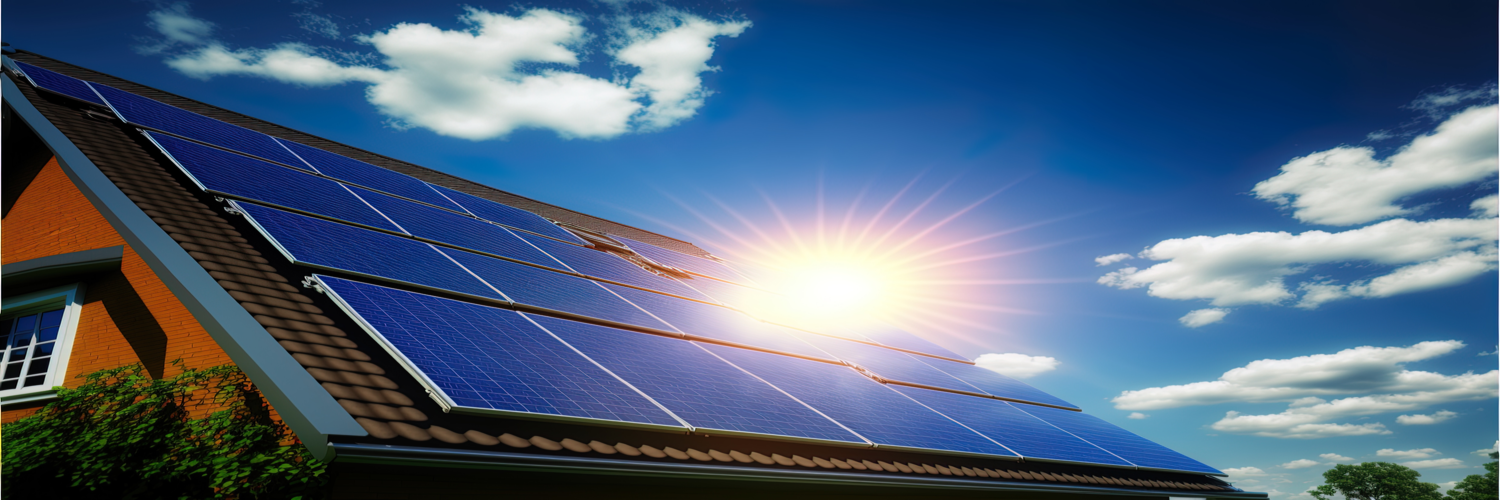
Residential Solar
Residential solar power has been growing in popularity in New York, as it offers homeowners an environmentally friendly and cost-effective alternative to traditional power sources.
Solar incentives
New York has several solar incentives available to homeowners who install solar panels, including the NY-Sun Incentive Program, which offers rebates and incentives for solar installations.
Solar energy production
New York receives an average of 4.2 to 4.5 peak sun hours per day, which is lower than some other states, but still enough to make solar energy production viable for residential properties.
Net metering
New York State requires utilities to offer net metering to residential solar customers, allowing them to earn credits on their energy bills for excess energy produced by their solar panels.
Solar panel warranties
Most solar panel manufacturers offer warranties ranging from 20 to 25 years, which means that homeowners can expect their solar panels to last for many years and provide a reliable source of energy.
Solar energy savings
Homeowners who install solar panels can save on their energy bills and may even be able to sell excess energy back to the grid. The exact savings will depend on the size of the system and the amount of energy used.
Overall, residential solar power is a viable option for homeowners in New York who want to reduce their carbon footprint and save money on their energy bills.
With the right incentives, solar providers, and installation, homeowners can make the switch to clean energy and enjoy the benefits of solar power for years to come.
How much can solar panels increase my home value?
When you want to reduce your monthly energy costs, adding clean energy upgrades already looks like a bright idea, but believe it or not, installing a solar system can increase your home’s resale value. Experts at Zillow say adding solar panels to your home could increase property value by around 4.1%. On a $500,000 home, that’s a $20,000 increase. For some homeowners, the costs associated with solar installation can seem like a reach. However, the long-term returns on your investment could be realized and enjoyed for decades. These financial rewards come in more than one form and be accounted for when weighing the long-term value of solar panels.
Monthly energy savings.
The immediate payoff on your investment in home solar is that you produce and consume your own energy, reducing your monthly energy costs and potentially saving you thousands of dollars annually.
Elevate your property’s value.
Installing solar panels will immediately boost your home’s potential sale price. In the paper “Evidence of Rational Market Valuations for Home Energy Efficiency,” the Appraisal Journal found that every dollar saved on energy through solar increases home value by $20. A $20 to $1 ROI on your solar investment could potentially bump your home’s value by thousands or tens of thousands, further balancing out the initial expense–and reducing your wait time to profit financially.
Now that you know how much a solar investment can increase your home/property value and other short and long-term savings, you can make a more informed decision about exploring solar panels for your home.
Our Process
2. Site Visit
Once we have your information, one of our world class representatives will reach out to setup a site visit. We’ll come to your home, take measurements, and inspect your roof.
3. System Design
From there we’ll start designing your system. We’ll design where the panels will go, what equipment will be used, and provide you with a proposal that outlines cost and estimated energy savings.
4. Permitting
Once you approve the design, we’ll start the process of obtaining the appropriate permits and approvals for your city/township.
5. Installation
At this point we’re ready to begin installing your system! The installation process usually takes a few days at most, depending on the size of the system and the complexity of the installation
6. Inspection & Interconnection
After the installation, we arrange for an inspection of the system by a local inspector to ensure that it meets all safety and code requirements. Once the system passes the inspection, it can be interconnected to the grid.
7. Power On
Once the system is interconnected, you can start enjoying the benefits of solar power! We help you monitor your system’s performance and provide ongoing maintenance and support.

